Differences and similarities between words
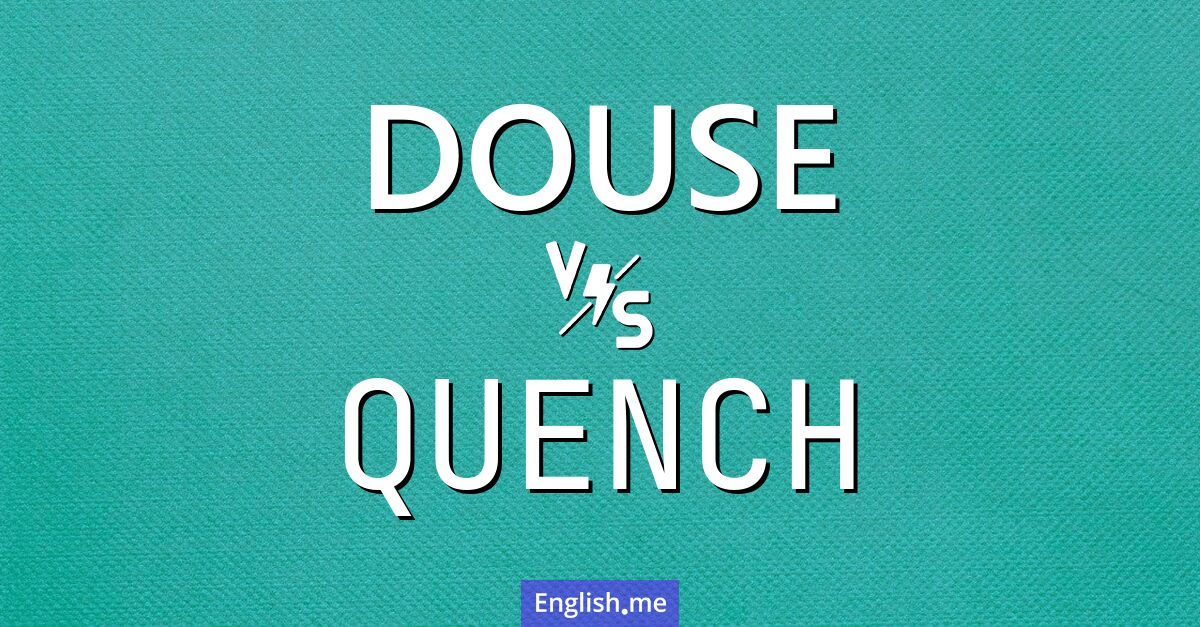
"Quench" vs. "douse": when to use each word
"Douse" primarily means to pour liquid over something or someone, ... Learn more →
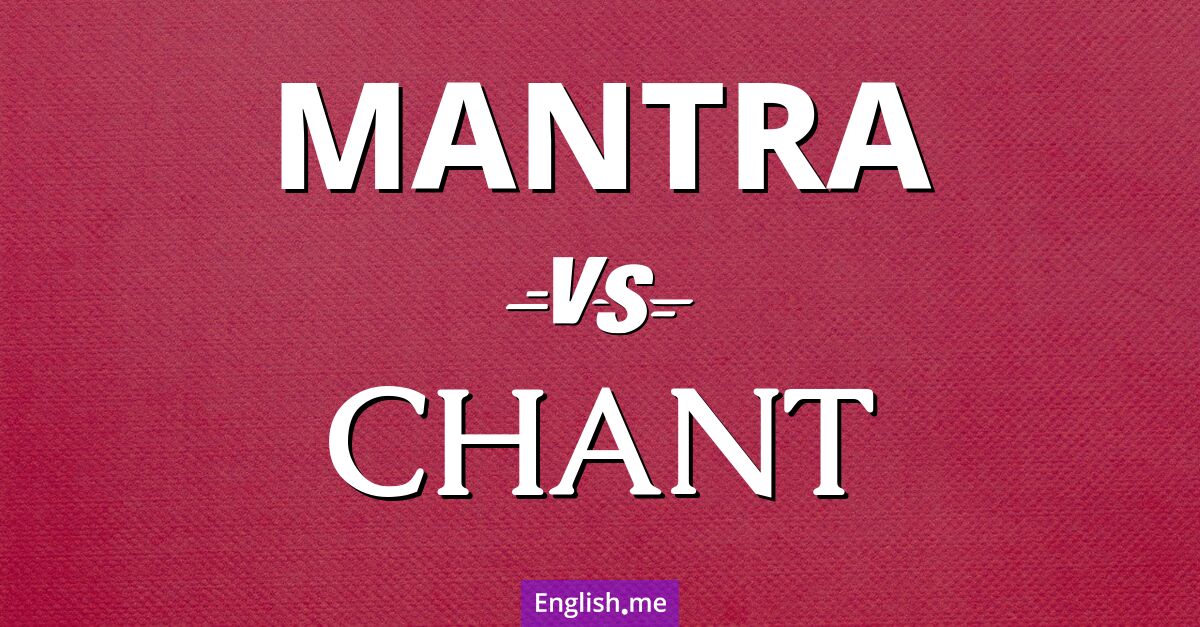
"Mantra" vs. "chant": shared rhythms, subtle differences
"Mantra" is typically a sacred word or phrase with spiritual ... Learn more →
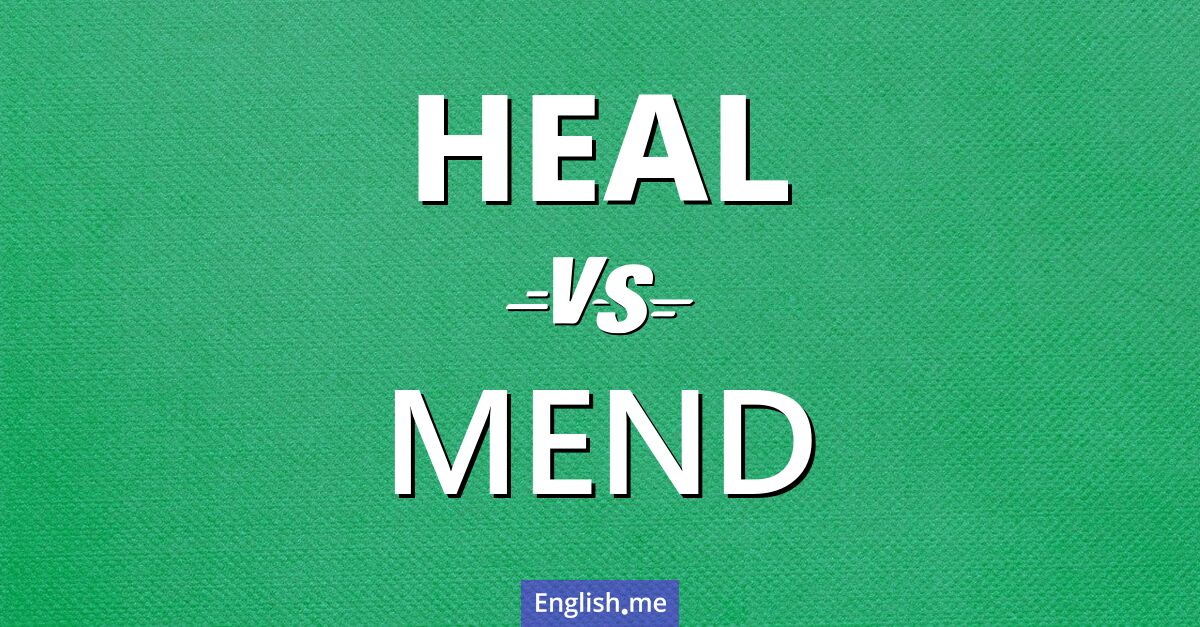
"Heal" vs. "mend": where meaning overlaps and diverges
"Heal" typically relates to recovering health or well-being in living ... Learn more →
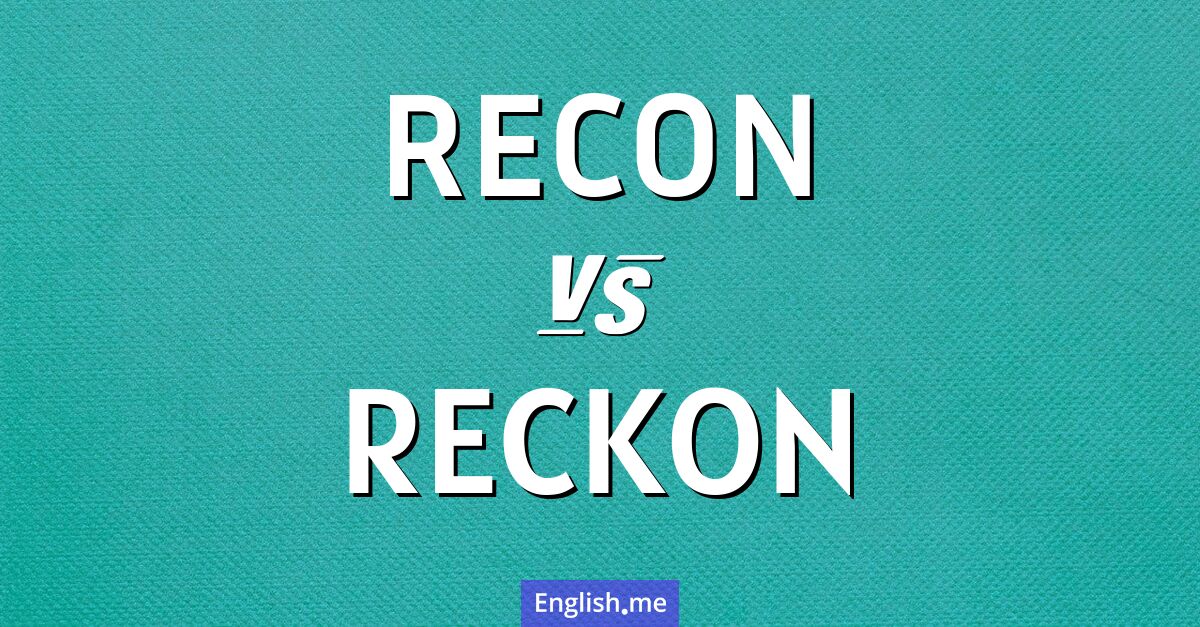
"Recon" vs. "reckon": words that travel different paths
The word "recon" is a shorthand for reconnaissance and is ... Learn more →
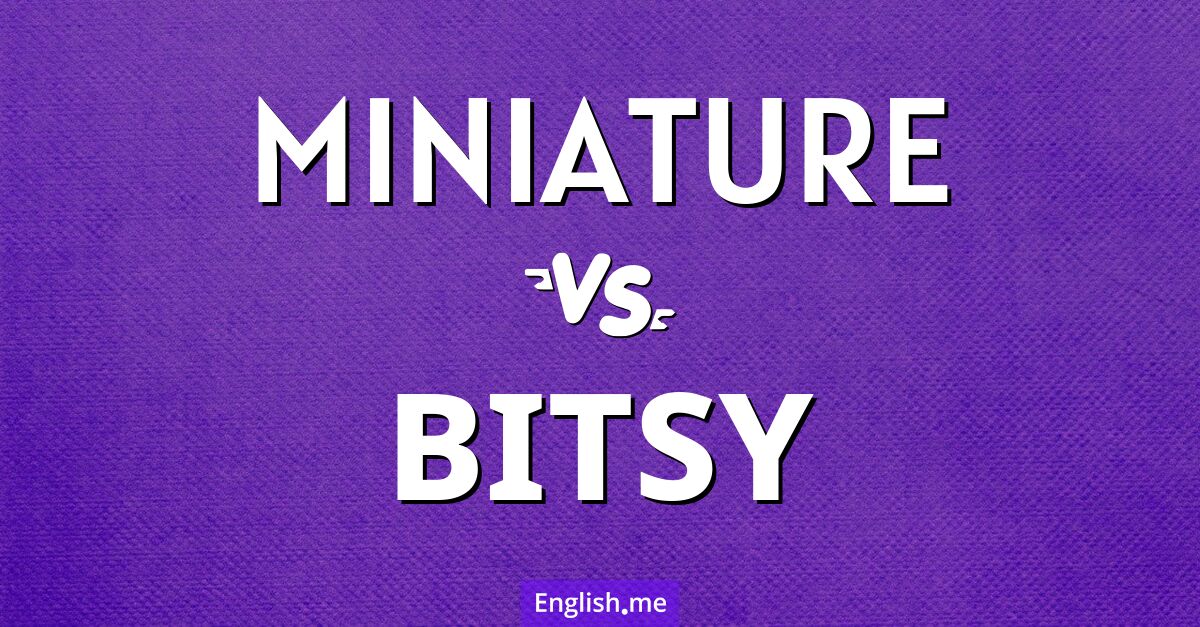
Small words, big meanings: "miniature" vs. "bitsy"
"Miniature" is a formal term that can function as both ... Learn more →
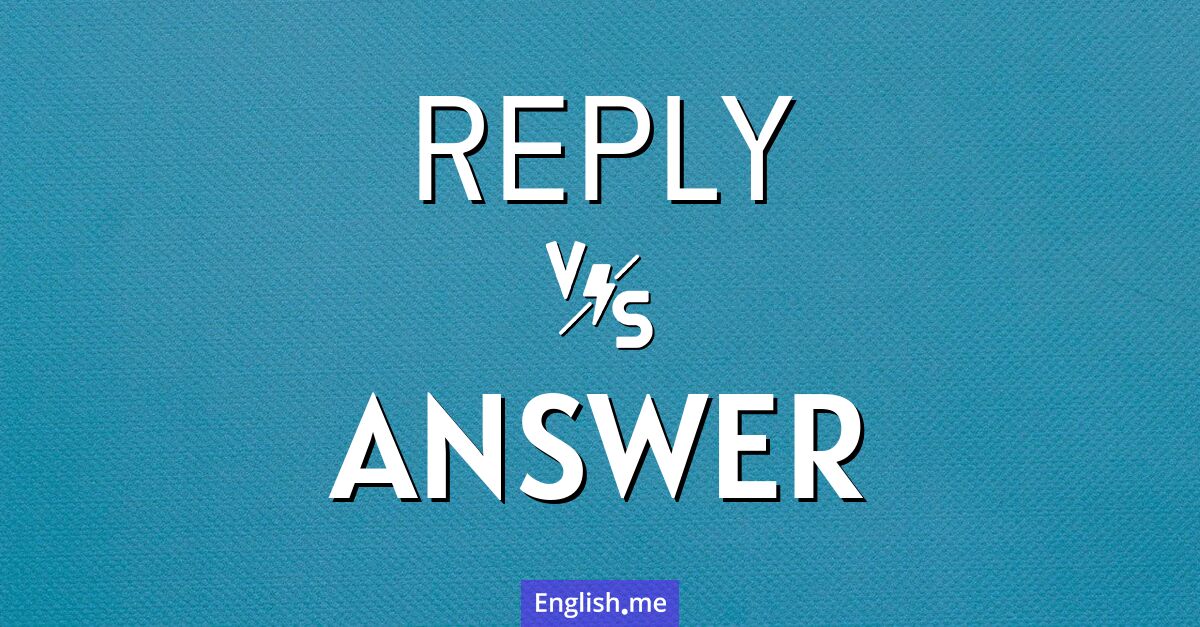
"Reply" vs. "answer": what's the difference?
A "reply" typically refers to a direct response to an ... Learn more →
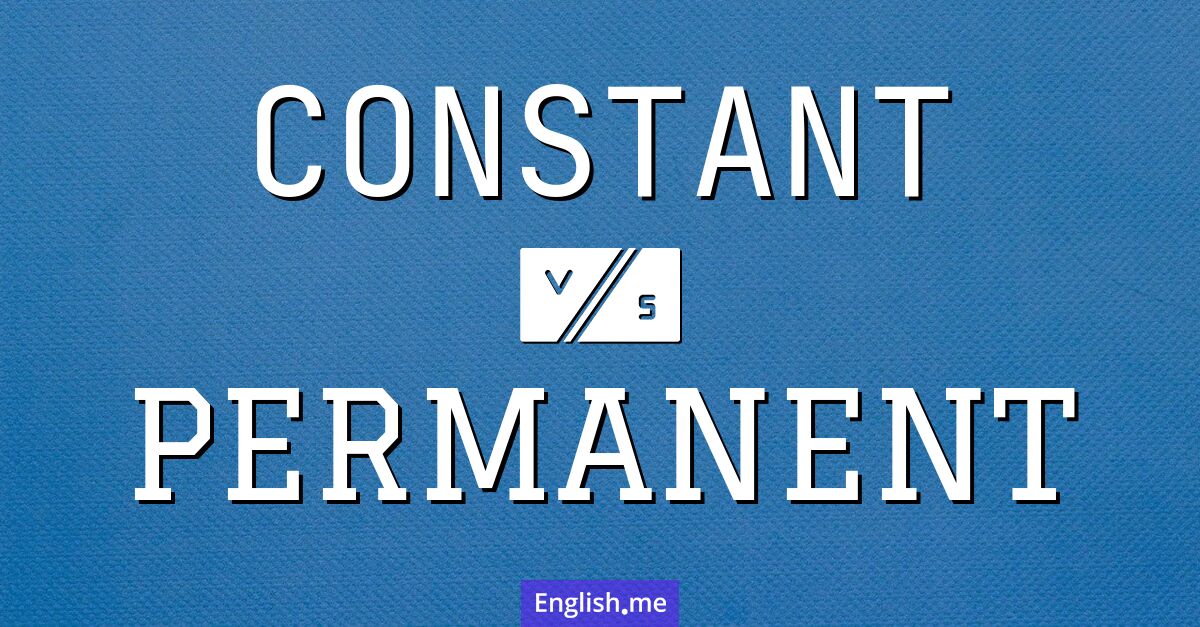
"Constant" vs "permanent": understanding the difference
Constant refers to something that is continuous or occurring repeatedly ... Learn more →
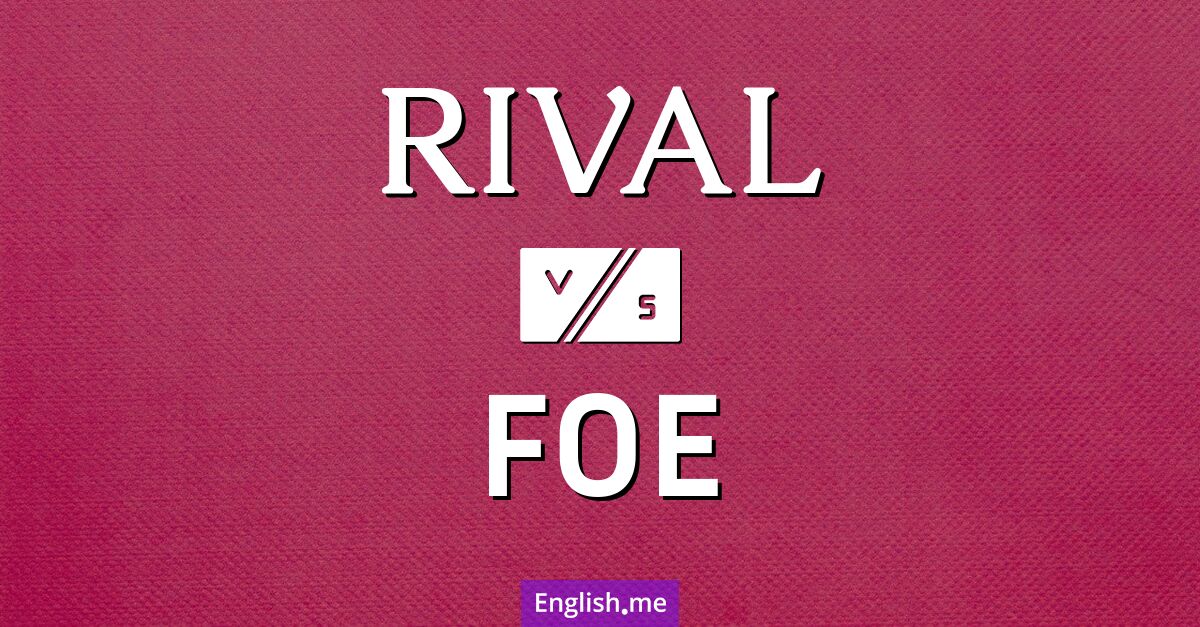
"Rival" vs. "foe": close contenders or fierce enemies?
"Rival" typically refers to a competitor striving for the same ... Learn more →
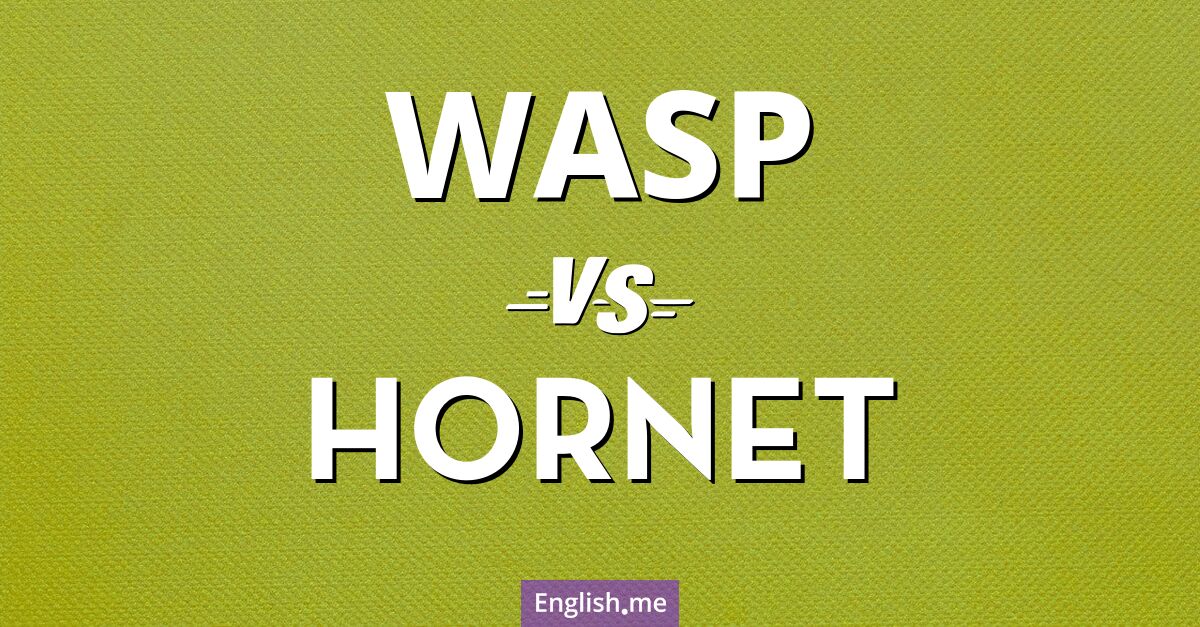
"Wasp" vs. "hornet": spotting the difference
Hornets are generally larger and more aggressive than most wasps. ... Learn more →
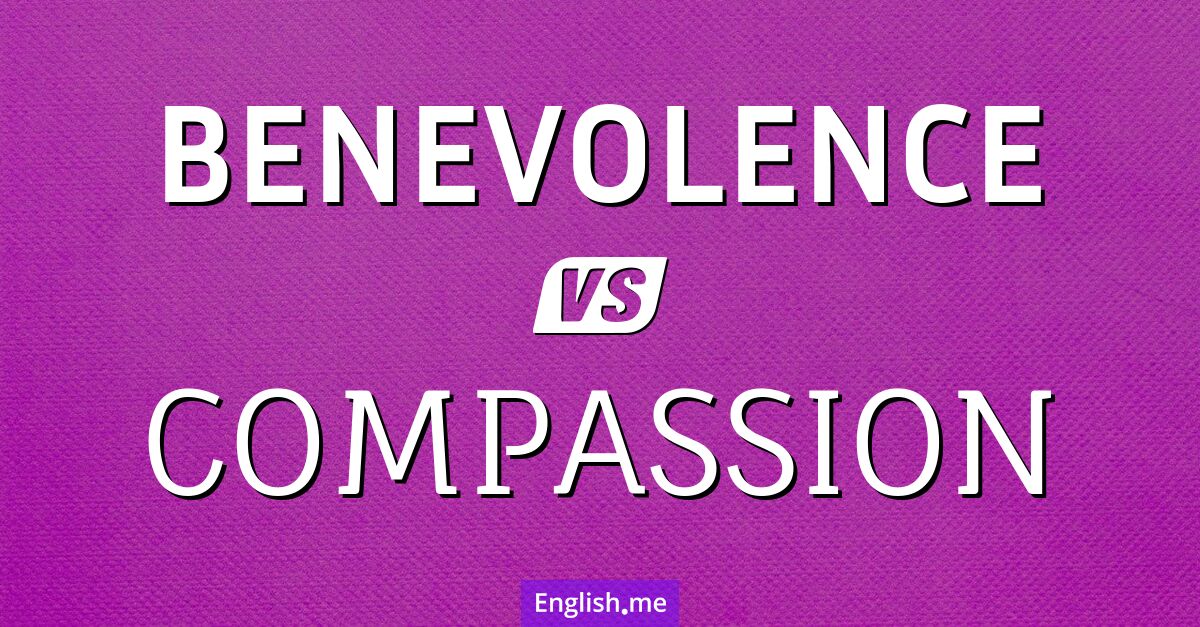
"Benevolence" vs. "compassion": a subtle contrast of kindness
"Benevolence" refers to a general desire to do good and ... Learn more →

 English
English español
español française
française italiano
italiano deutsche
deutsche 日本語
日本語 polski
polski česky
česky svenska
svenska Türkçe
Türkçe Nederlands
Nederlands